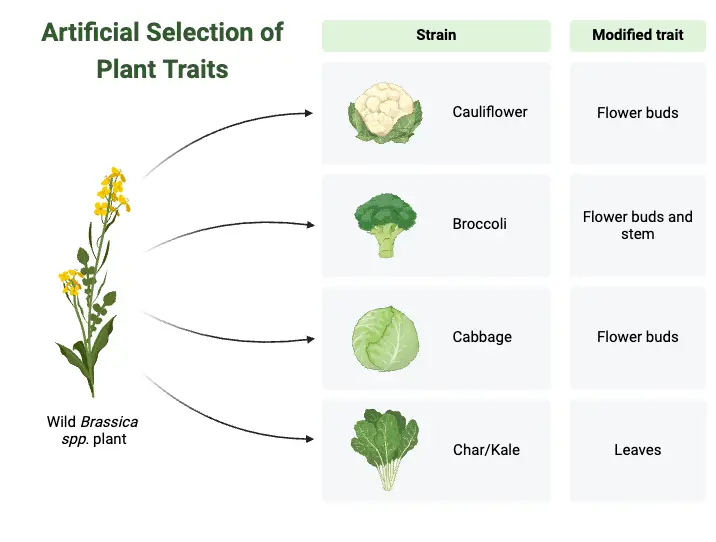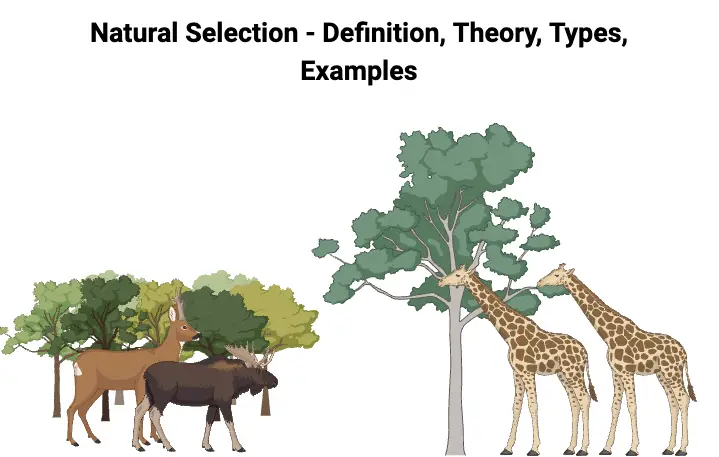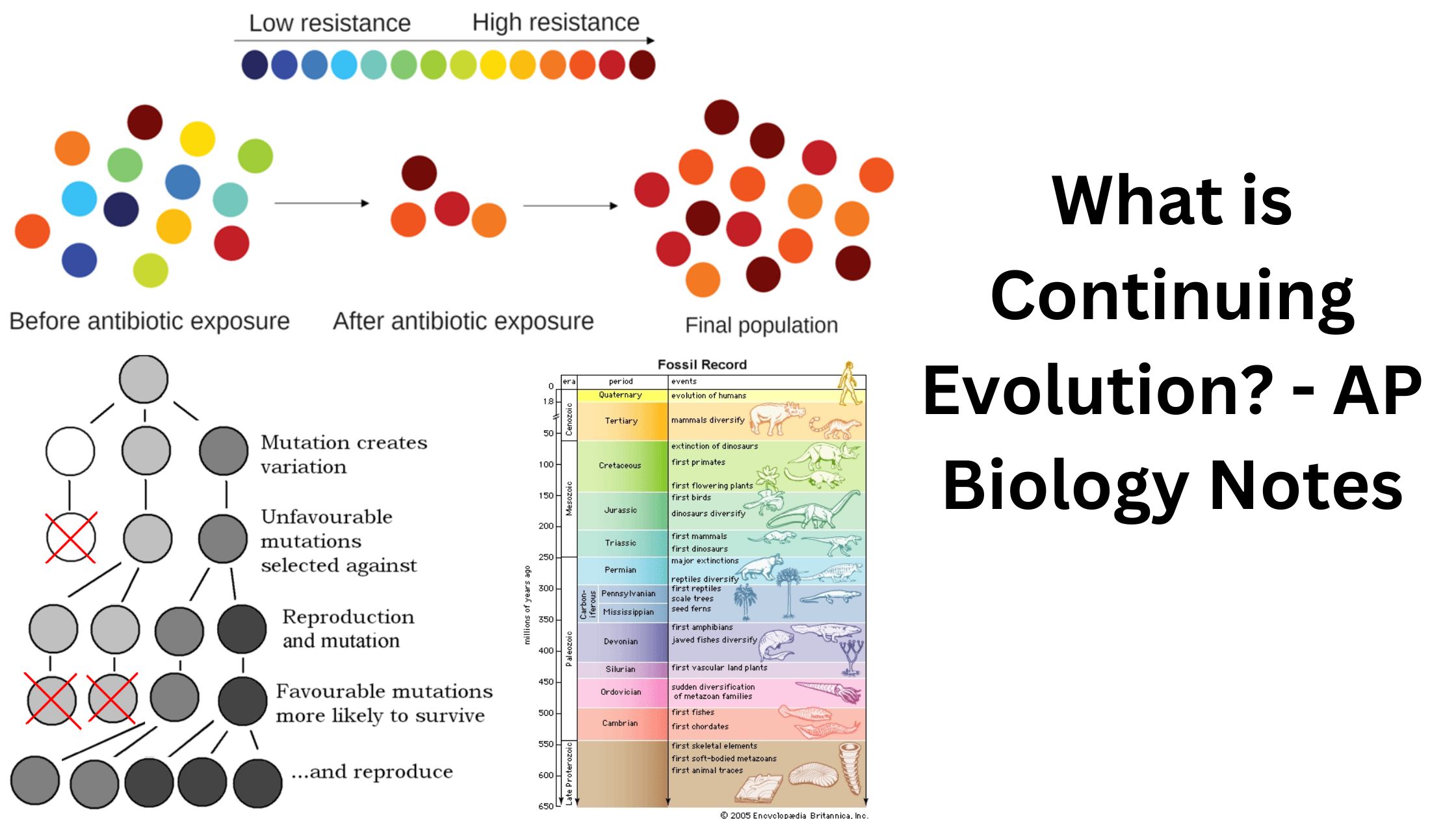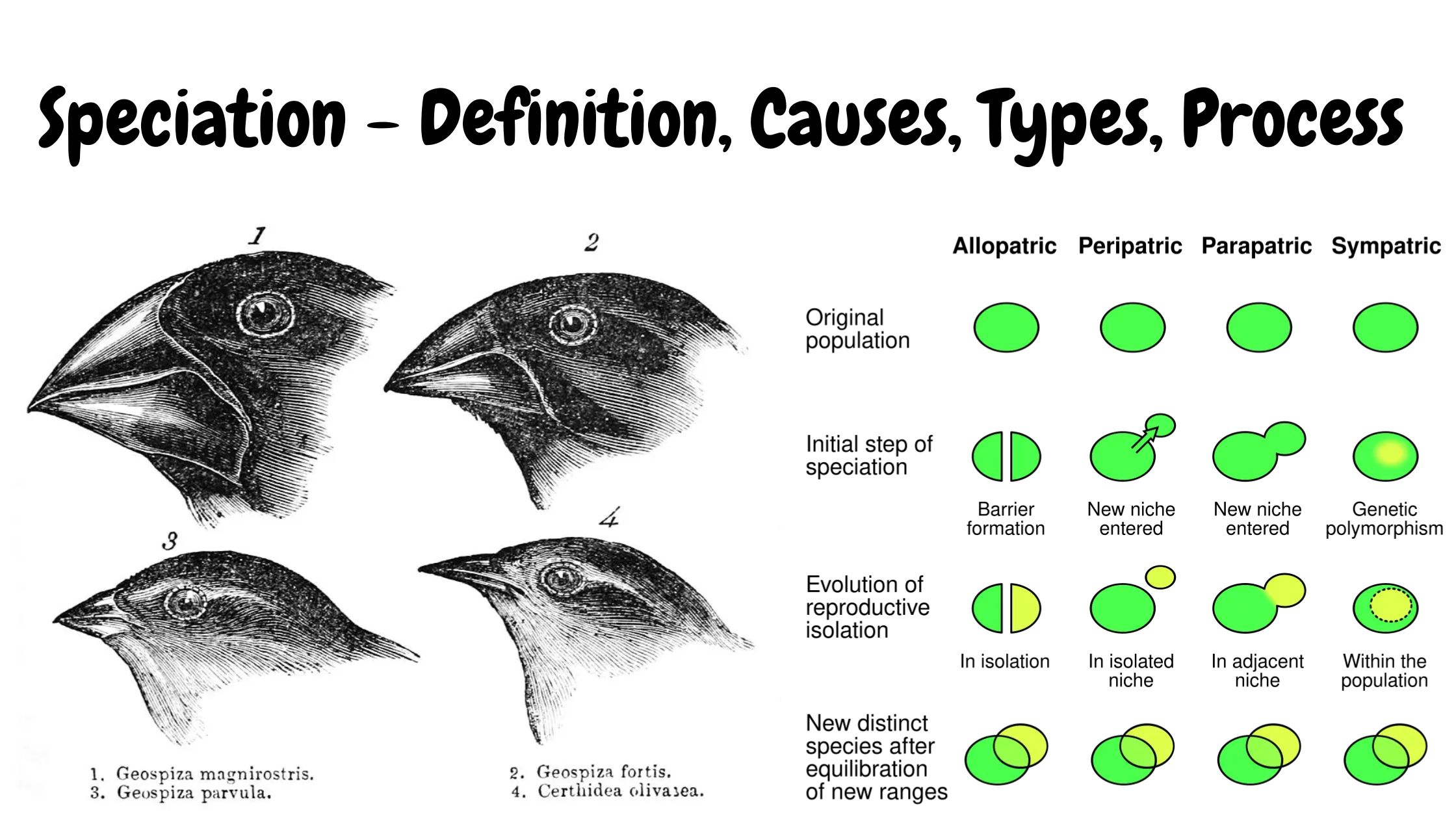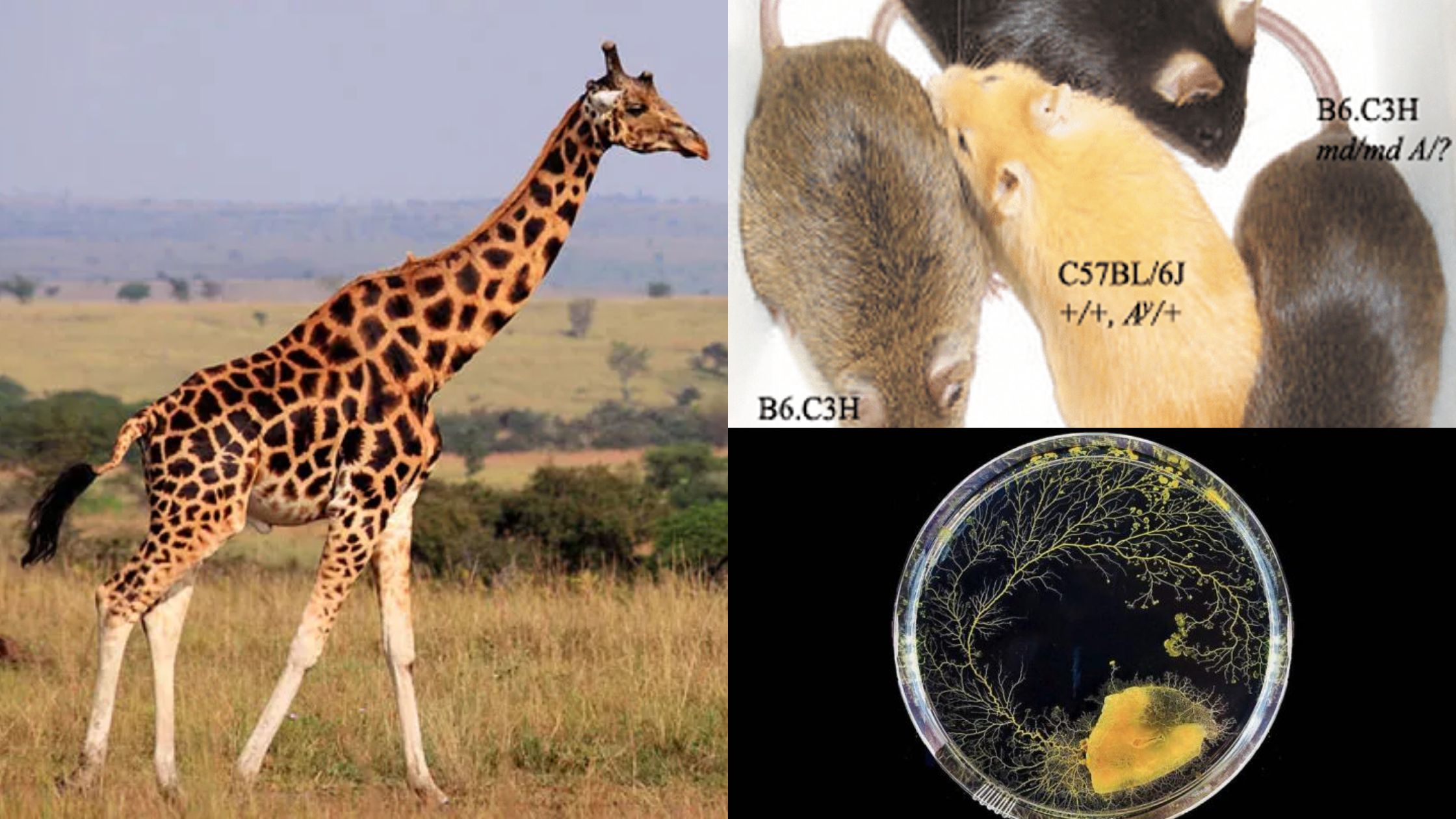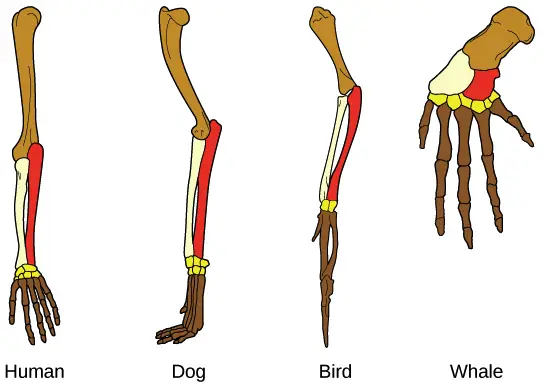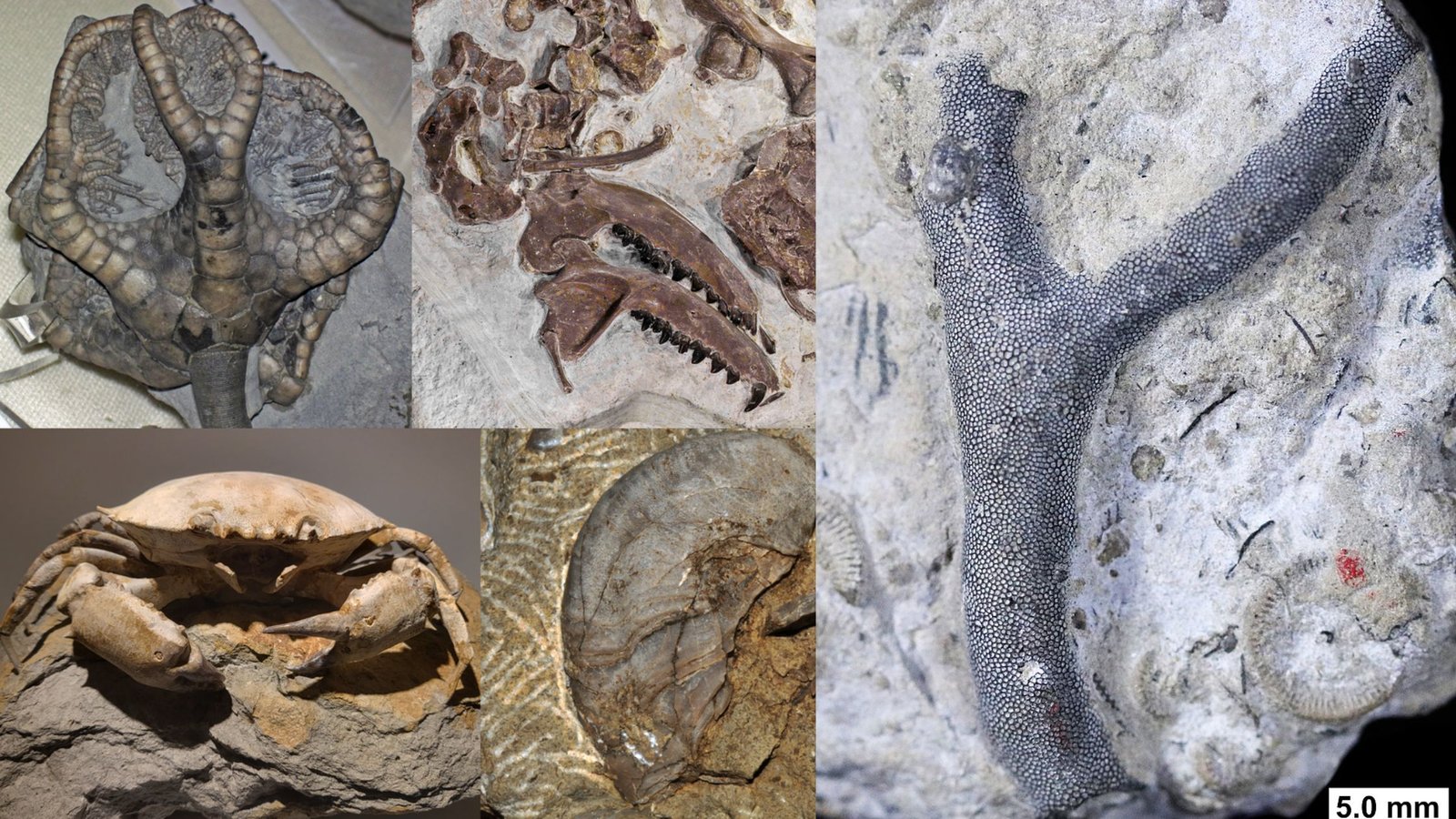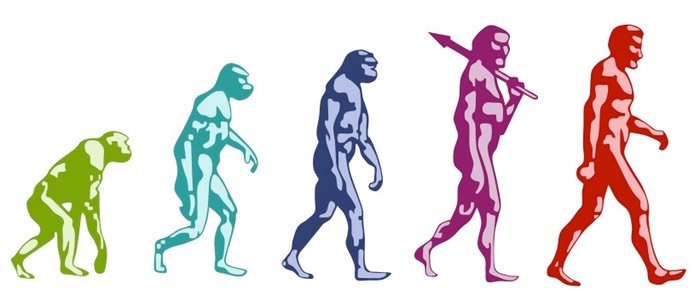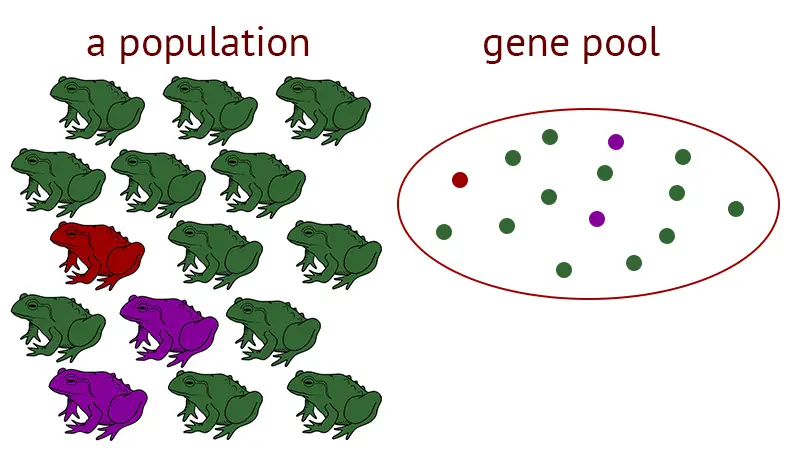Artificial Selection – Theory, Types, Advantages, Examples
What is Artificial Selection? Definition of Artificial Selection Artificial selection, or selective breeding, is the human-driven process of breeding plants or animals to promote desirable traits in offspring by selecting specific individuals with those traits to reproduce. Darwin’s Experiments With Artificial Selection Darwin’s experiments with artificial selection were pivotal in the development of his theories … Read more
